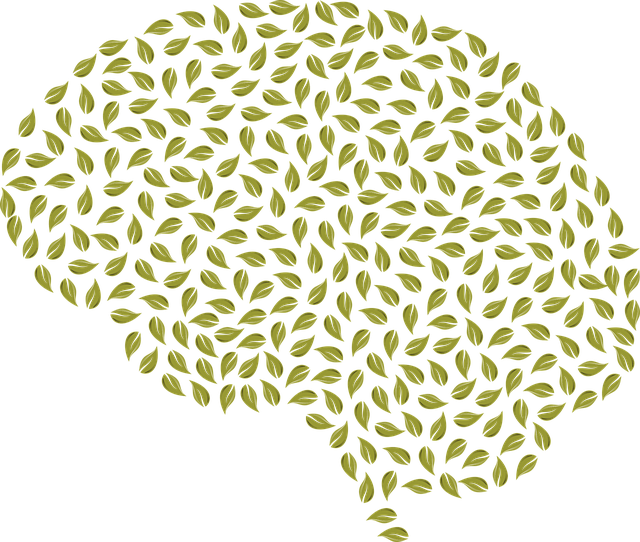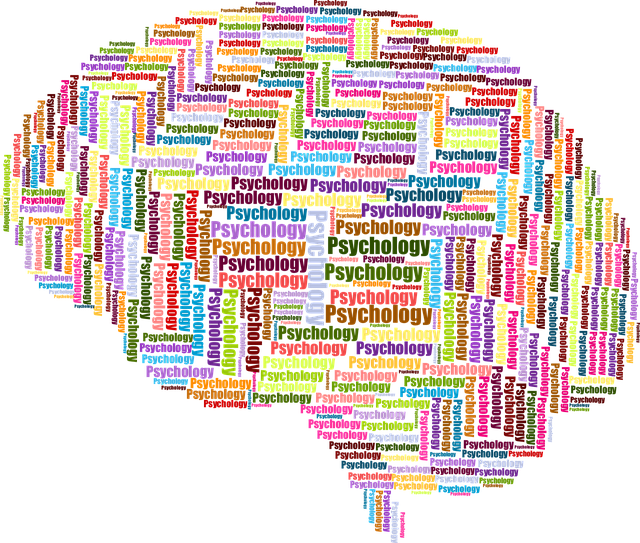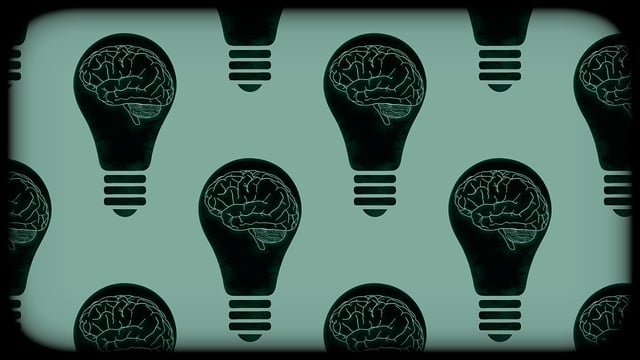TL;DR:
Effective therapy for adults with psychosis focuses on emotion regulation, using structured approaches like cognitive-behavioral therapy (CBT) to teach adaptive coping skills. Community outreach programs and self-awareness exercises like meditation or journaling enhance emotional intelligence and awareness. Trauma support services are vital, as unresolved trauma can impede emotion management. Specialized coaching and therapy improve mental wellness by empowering individuals to better manage intense emotions and distress.
Emotion regulation techniques are powerful tools for individuals navigating psychosis. This article explores the significance of mastering emotional control for adults with psychosis, delving into effective strategies and the pivotal role therapy plays in their implementation. By understanding emotion regulation’s impact, learning practical techniques, and leveraging therapeutic support, individuals can enhance their coping mechanisms, improve overall well-being, and lead more fulfilling lives. Discover how these methods offer a transformative path forward for managing psychosis symptoms.
- Understanding Emotion Regulation and its Significance for Adults with Psychosis
- Practical Techniques to Master Emotion Regulation Skills
- The Role of Therapy in Teaching Effective Emotion Regulation Strategies for Adult Psychosis Management
Understanding Emotion Regulation and its Significance for Adults with Psychosis

Understanding emotion regulation is a pivotal step in providing effective therapy for adults with psychosis. This process involves managing and modulating emotional responses to effectively cope with life’s challenges, especially in navigating the complexities that often accompany psychotic disorders. For individuals with psychosis, regulating emotions can be a significant challenge due to altered perception and thought processes. However, it is crucial for improving their overall quality of life and social functioning.
Emotion regulation techniques are integral to community outreach program implementations designed to support adults with psychosis. These programs often incorporate emotional intelligence training, which helps individuals recognize and understand their emotions and those of others. By fostering emotional healing processes, these interventions enable participants to develop strategies for responding adaptively to intense or distressing emotions, thereby enhancing their ability to manage symptoms and improve overall well-being.
Practical Techniques to Master Emotion Regulation Skills

Mastering emotion regulation skills is a powerful tool for anyone seeking to enhance their mental wellness, especially those dealing with psychosis. Therapy for adults with psychosis often incorporates practical techniques from various therapeutic approaches. One effective method is cognitive-behavioral therapy (CBT), which helps individuals identify and challenge distorted thinking patterns contributing to intense emotions. By learning to replace negative thought cycles with more balanced perspectives, people can better manage their emotional responses.
Incorporating regular self-awareness exercises, such as meditation or journaling, allows individuals to observe their emotions without judgment. This heightened awareness enables them to recognize early signs of emotional distress and apply coping strategies. Additionally, trauma support services play a crucial role in emotion regulation development, as unresolved trauma can significantly impact an individual’s ability to manage their emotions effectively. Through specialized therapy and coaching programs, adults with psychosis or other mental health challenges can develop robust emotion regulation skills, fostering better overall mental wellness.
The Role of Therapy in Teaching Effective Emotion Regulation Strategies for Adult Psychosis Management

Therapy plays a pivotal role in equipping adults with psychosis the tools necessary to manage their emotions effectively. Through structured therapeutic interventions, individuals can learn and practice coping skills development tailored to their unique experiences. Cognitive-behavioral therapy (CBT), for instance, is a well-established approach that assists patients in identifying and challenging distorted thought patterns, thereby reducing emotional distress. This process not only enhances emotional healing processes but also empowers individuals to better regulate their responses to stressful situations.
Moreover, therapy facilitates a comprehensive risk assessment for mental health professionals, enabling them to provide targeted interventions. By understanding the intricate dynamics of psychosis and its impact on emotion regulation, therapists can guide patients towards more adaptive coping mechanisms. This individualized approach ensures that adults with psychosis gain practical strategies to navigate their emotional landscape, ultimately fostering better mental well-being and quality of life.
Emotion regulation techniques offer a powerful tool in managing psychosis, enabling adults to navigate their emotional landscape more effectively. By understanding the significance of emotion regulation and employing practical strategies, individuals with psychosis can improve their overall well-being. Therapy plays a pivotal role in teaching these skills, providing a supportive environment to master them and subsequently enhancing the management of adult psychosis.








